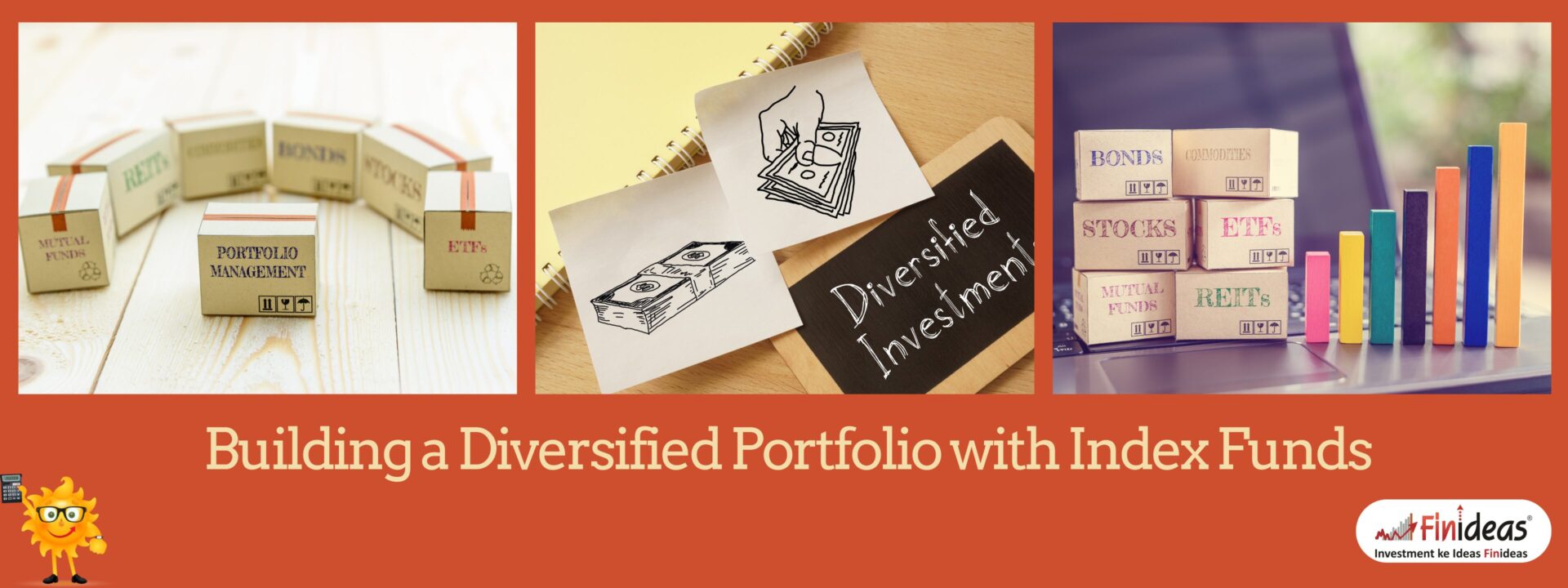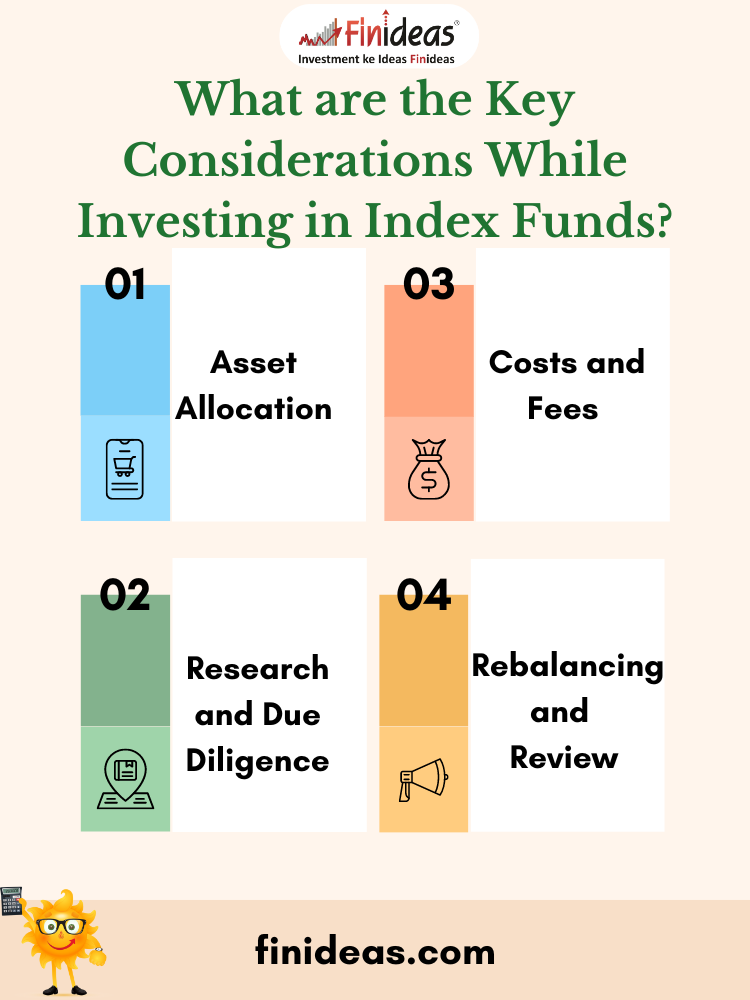Building a Diversified Portfolio with Index Funds
In the dynamic world of investing, building a diversified portfolio is often touted as a cornerstone of successful wealth management. Among the plethora of investment options available, index funds have gained significant popularity, especially among novice investors. But what exactly are index funds, and how can they contribute to building a well-rounded investment portfolio? Let’s delve into the key considerations.
What is Index Funds?
Index funds are mutual funds or exchange-traded funds (ETFs) designed to track the performance of a particular market index, such as the Nifty 50 or the BSE Sensex in India. These funds aim to replicate the returns of the index they follow by investing in the same securities in the same proportion as the index. There is a product called Index Long Term Strategy which invests in nifty 50 index fund and to know more check out Index Long Term Strategy.
What are the Key Considerations While Investing in Index Funds?
Asset Allocation:
Before investing in index funds, it’s essential to determine your asset allocation strategy based on your financial goals, risk tolerance, and investment horizon. Index funds can be a core component of a diversified portfolio, but they should be complemented by other asset classes like bonds, real estate, or international equities for optimal diversification.Research and Due Diligence:
While index funds passively track market indices, not all index funds are created equal. Investors should conduct thorough research and due diligence to select funds with low expense ratios, minimal tracking error, and efficient fund management.Costs and Fees:
While index funds are known for their low costs, investors should still pay attention to expense ratios, brokerage fees, and any other associated costs. Even small differences in fees can significantly impact long-term returns, so it’s crucial to choose funds with competitive costs.Rebalancing and Review:
Regularly review and rebalance your portfolio to ensure it remains aligned with your investment objectives and risk tolerance. Market fluctuations may cause your asset allocation to deviate from your target, requiring adjustments to maintain diversification.
How do you incorporate index funds into your investment strategy, and what factors do you consider when selecting index funds for your portfolio?
In conclusion, index funds can be valuable tools for building a diversified investment portfolio, offering low costs, broad market exposure, and consistent performance. By understanding the key considerations outlined above and conducting thorough research, investors can harness the benefits of index funds to achieve their long-term financial goals.
Happy Investing!
This article is for education purpose only. Kindly consult with your financial advisor before doing any kind of investment.


